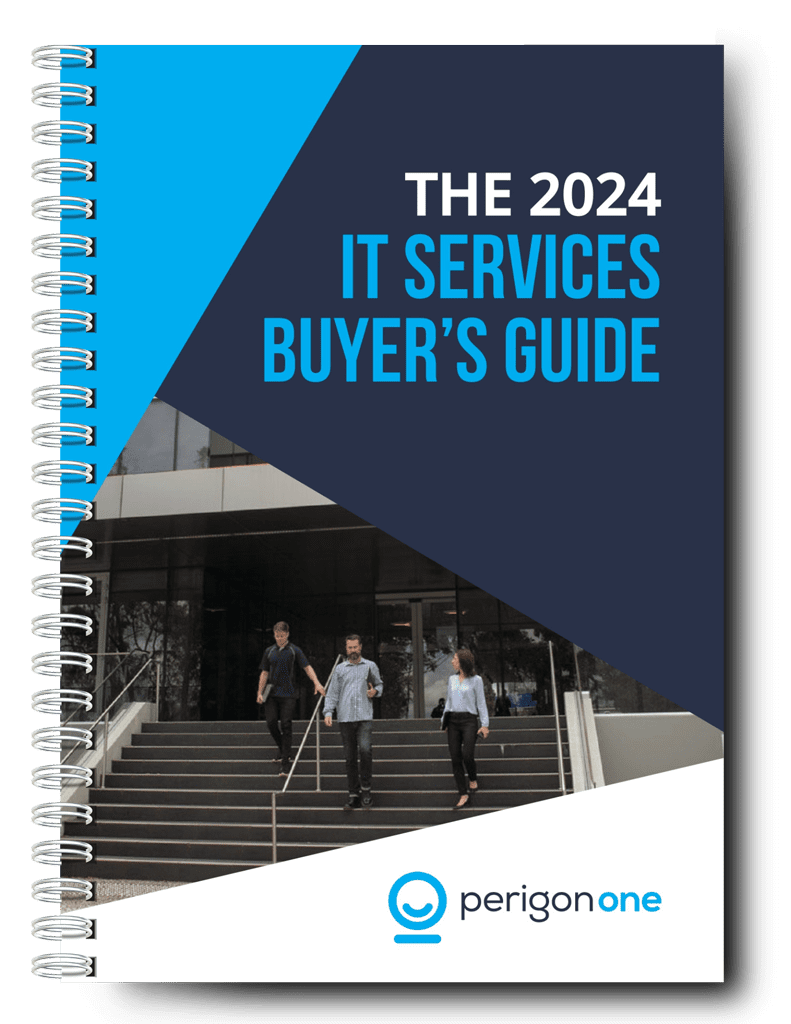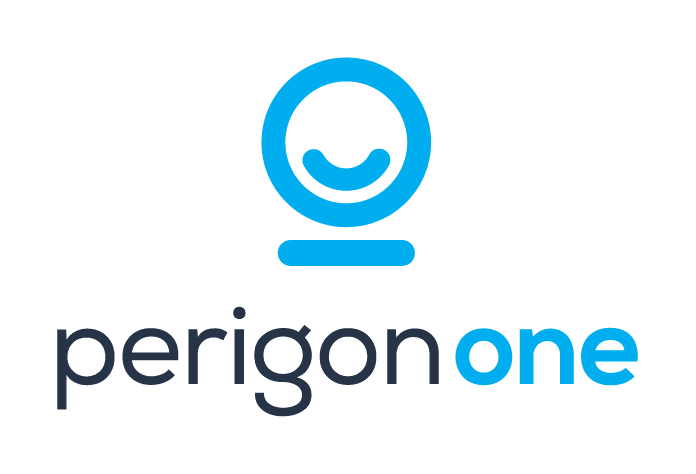Google Chrome may be the ‘go-to’ browser for many businesses. But is it the right choice for you? Does it even matter what browser you and your employees use? Let’s find out…
Google Chrome. Mozilla Firefox. Microsoft Edge. Opera. Apple Safari. These are just a few of the biggest web browsers in the world today. Of course, Chrome is the most popular, with a 63% market share, but the fact is that all the others will help you to achieve the same thing: access websites.
So does it really matter which one you choose?
Yes!
Why it’s important to choose the right browser
While all browsers will ultimately do the same thing – act as a gateway to the web – they all have subtle differences. They all offer slightly different browsing and user experiences.
Some of the main reasons why browser choice matters are…
Compatibility
Not all browsers can be used with all applications, devices, and operating systems. It’s important to select a browser that will work seamlessly with the applications that you’re planning on using.
Speed
Different web browsers perform at different speeds, with the underlying code largely responsible for the discrepancies. Research shows that Google Chrome is the fastest, just beating Microsoft Edge.
Efficiency
Some browsers are responsible for more energy consumption than others. Microsoft notes that its Edge browser requires 24% less power than Chrome, 32% less than Opera, and 43% less than Firefox.
But perhaps the biggest reason why your browser matters is security.
Browser security
When you arrive at work and power your computer on, launching your browser is probably the first – if not one of the first – things you do. And for good reason. Web browsers are used to access a huge amount of applications and content, from personal interest websites to critical corporate data.
Browsers essentially have widespread access to a whole host of confidential and sensitive information, which – as you can probably guess – makes them attractive targets for hackers.
In 2020, browsers were responsible for nearly 15% of all application exploits, and some believe that figure is only going to grow. The 2023 Browser Security Annual Report predicts that browsers will soon become the ‘main attack surface’. That’s largely because employees are using the same browser profiles for both personal and work-related activities, especially during the remote revolution.
So… which browser is best?
Of course, if you pick one of the ‘big 5’ – Chrome, Firefox, Edge, Opera, or Safari – you’re always going to get a browser that’s inherently secure. So in terms of security alone, the browser you pick isn’t a huge factor. What is important, however, is how you choose to use that particular browser.
Did you know that one of the biggest risks to browser security comes from human error? Research shows that more than half of all web browsers have security vulnerabilities simply because they’ve been misconfigured by users. Two of the primary issues are failure to properly patch vulnerabilities, accounting for 50% of security issues, and using personal browser profiles on work devices.
No matter what browser you choose, always be sure to…
- Make sure security settings are configured correctly
- Update the browser as soon as new updates are published
- Choose a new browser if support ends (e.g. Microsoft ended support for IE in 2022)
- Don’t store passwords in the browser
- Encourage employees to use professional rather than personal profiles
- Ensure any extensions are updated and managed
While your browser may not be something that you give much thought to, it can play a big role in enhancing the digital security of your business, and the experience of your employees. Get in touch with us here at Perigon One to find out more about keeping your business safe in the online space.


